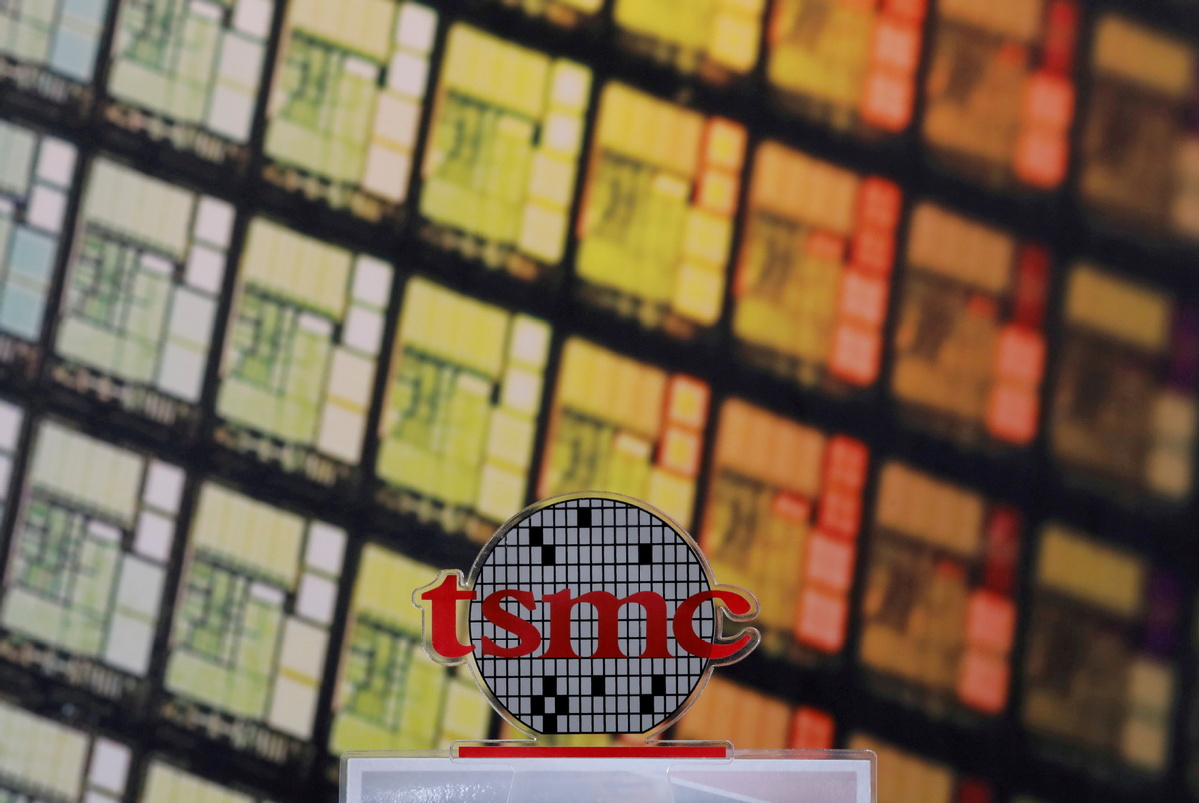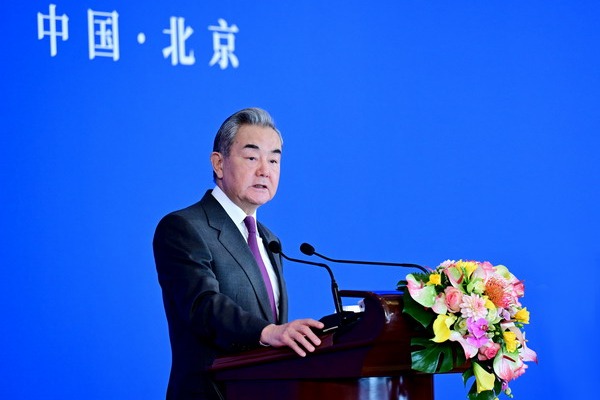Companies respond to US chip survey but withhold key data


More than 30 foreign and domestic chip companies have submitted data as requested by the United States government to address a chip shortage crisis, but they withheld key information that they consider sensitive.
In September, the US Commerce Department, in a move described by one observer as "counterproductive", asked major semiconductor manufacturers and buyers, including Taiwan Semiconductor Manufacturing Co, or TSMC, Samsung, Intel and Apple, to provide information on inventories and sales of chips by Monday.
The survey is voluntary, but the Commerce Department said it could make the questionnaire compulsory if the number and quality of responses are not satisfactory.
The questionnaire seeks information on inventories, backlogs and delivery times, as well as each product's top three customers and the sales percentage those customers represent. The data on major customers and output volume is considered by the industry as the most sensitive.
As of Monday, more than 30 companies, including TSMC, General Motors and Micron, as well as some universities, had submitted data, according to information posted by the Commerce Department's Bureau of Industry and Security.
All of those companies reportedly withheld information on customers and production volume.
In a statement to Bloomberg on Sunday, TSMC said it remained committed to "protecting customers' confidentiality as always".TSMC reportedly left most of the form blank.
South Korean media had reported that chip giants like Samsung Electronics and SK Hynix planned to submit data to the US government by the Monday deadline so long as the information did not violate nondisclosure agreements with customers.
As of late Monday, the Bureau of Industry and Security's data did not show a submission of the form by Samsung Electronics or other South Korean companies.
"Disclosure of proprietary information belonging to their clients and customers will ruin the virtuous circle and disrupt the way of doing business worldwide that has made the semiconductor industry so essential to the growth of the world economy," George Koo, a retired business adviser on China strategies in Silicon Valley, told China Daily.
Chips are vital to every aspect of daily life, from smartphones to motor vehicles. The global chip shortage crisis has severely affected manufacturing capacity across industries, with automakers being hit the hardest. Experts expect that the shortage might continue into 2022 and 2023.
The Commerce Department said the goal of the survey is to identify data gaps and bottlenecks in the chip supply chain. Commerce Secretary Gina Raimondo said earlier that she might invoke the Defense Production Act, a Cold War-era law, to force companies to comply.
Tim Culpan, a Bloomberg opinion columnist, wrote last month that "such intimidation is counterproductive, and ruffled feathers in Taipei, Seoul and Beijing at a time when Washington needs to open lines of communication with other nations".
"One of the big mistakes Washington has made during this chip shortage is to act like the US is the only victim and its needs usurp anyone else's. If it truly wants to fix this problem, and prevent future occurrences, the government ought to get back into alliance building and show the world that it's ready to create a global solution," Culpan wrote.
Koo, the retired business adviser, said that by "cutting off China "from the global chip market, Washington "seems to think it's playing a win-lose game", but in fact everyone will lose if the world's market is split in two.
"Seeing how Washington can turn off access to critical technology and services at will, can only force companies in China to develop their own technological advances as quickly as possible," he said.
Koo said that former US president Donald Trump and President Joe Biden "seem to insist on trying to keep China's head under water. China is too big and strong for this approach to be sustainable. China will only become increasingly stronger, while the US, instead of devoting its energy to improving its own technology, has squandered its resources trying to keep China down."

































